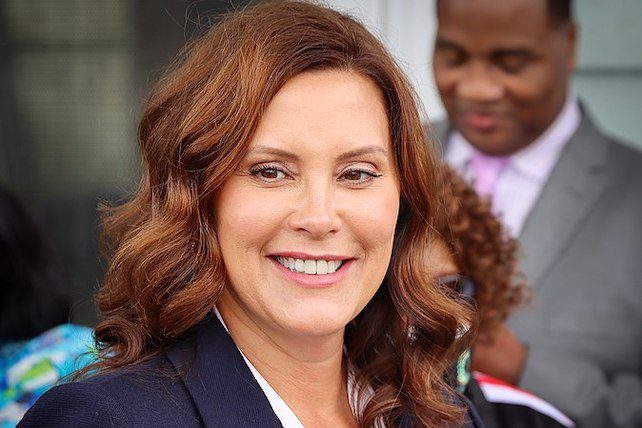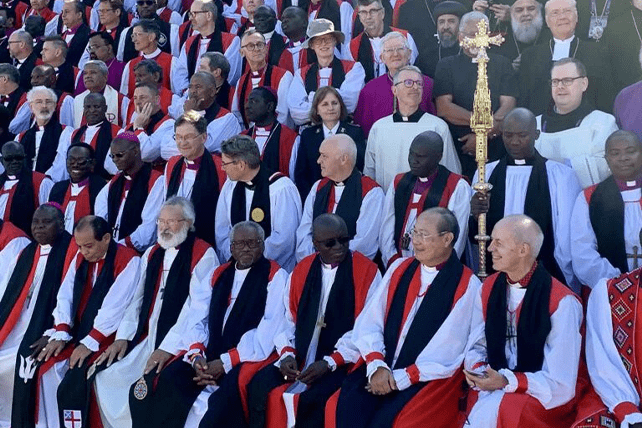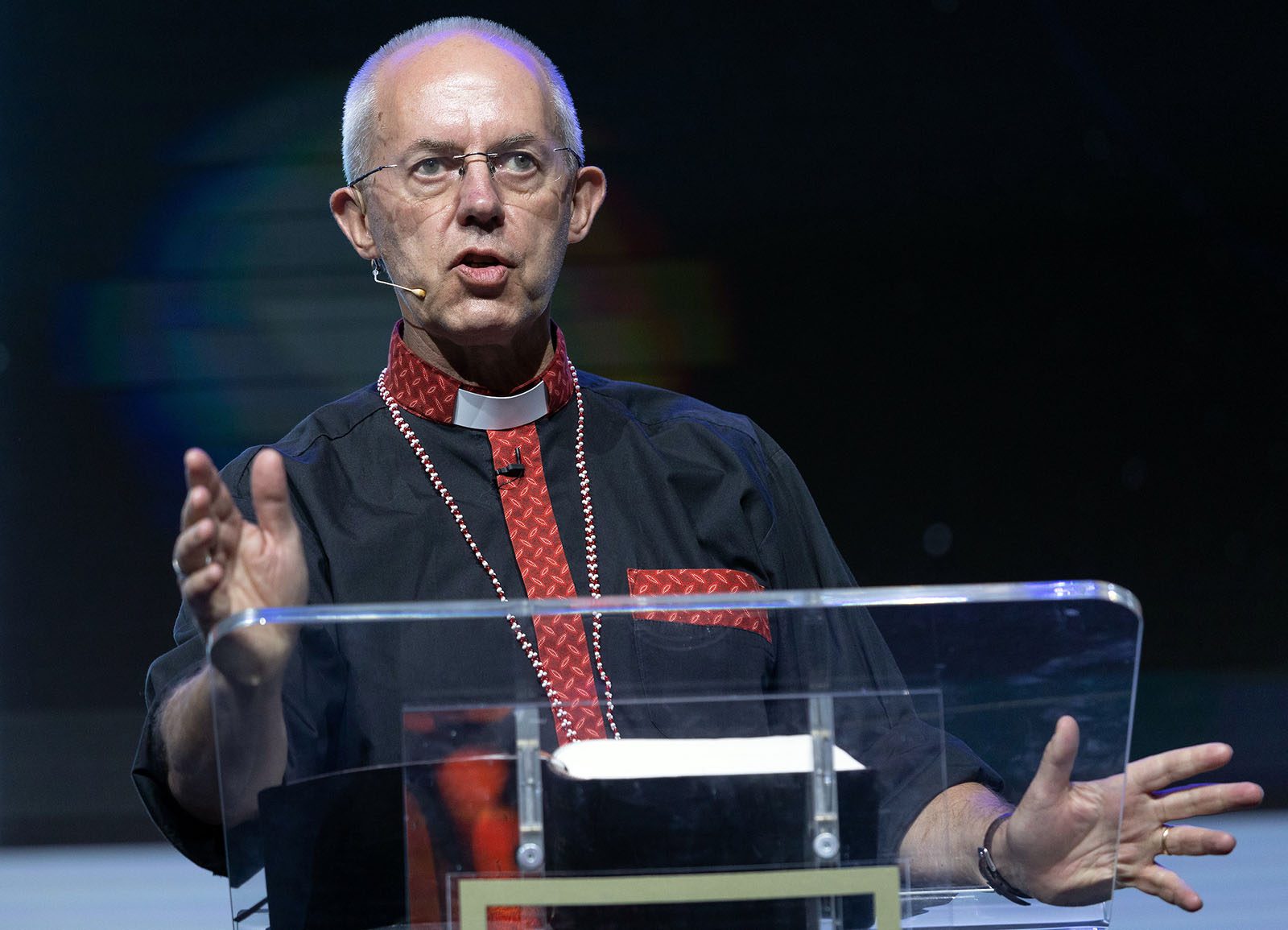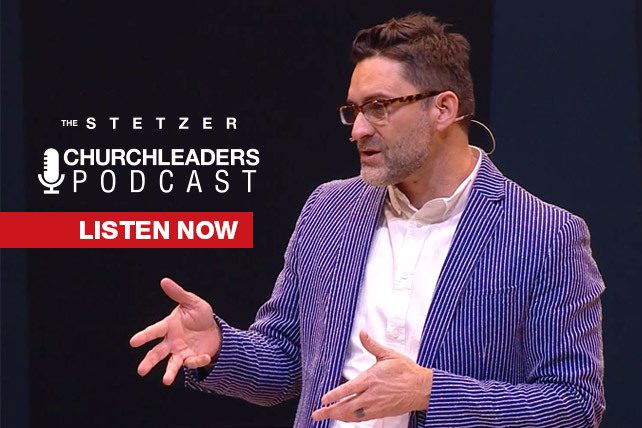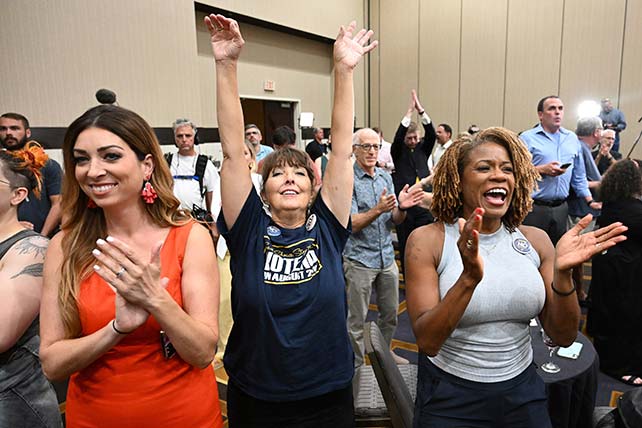Outdoor activities such as a creation scavenger hunt help children learn about God’s world. Plus, they help build bonds of friendship and are loads of fun! So bring kids together in adventurous ways during the summer.
Remember: Not all children’s ministry activities have to fit the conventional mold of Sunday mornings. Instead, occasionally go for unconventional. Get outside and help kids interact with different aspects of God’s amazing world. Try a creation scavenger hunt plus these games, crafts, object lessons, prayer experiences, and service opportunities!
10 Creation-Based Experiences for Children
1. God’s Creation Scavenger Hunt
Use this fun creation scavenger hunt to help kids explore God’s wonderful world.
You’ll need:
- Bible
- paper
- crayons
- 1 egg carton per child
Before your creation scavenger hunt, cut pieces of paper to fit atop the egg cartons. Glue a piece to the top of each egg carton. Then draw lines to represent each of the sections in the carton.
Say: Today we’re going on a creation scavenger hunt to learn about God’s world.
Read Genesis 1:1-5. Say: Find something in nature that helps you think about God’s first day of creation.
For this creation scavenger hunt, encourage kids to be creative. There’s not a “right” item they should choose. Have children place the item in the top left section of the egg carton. Have them write “Day 1” and draw a picture on the corresponding section of paper atop the carton. Invite children to share what they collected on the creation scavenger hunt and why they chose those items.
Continue the same process as you go through each day of creation from Genesis 1:1 to 2:4. Have children fill each of the other sections of the egg carton with other things God created. They don’t have to be items from nature. The point is to help them understand that God created everything. Afterward, invite children to discuss the various items they collected during the creation scavenger hunt.
2. God’s Imprints
Use this craft to help kids discuss what it means that we’re made in God’s image.
You’ll need:
- Bible
- paper
- white napkins
- hammers
Take children outside to gather various plants. They’ll each need a handful of freshly picked leaves and flowers. Guide kids to appropriate plants.
Demonstrate how to make imprints. First, place a leaf on white paper, and then cover it with a napkin. With a hammer, gently tap the napkin on top of the leaf. (If you don’t want to use hammers, you can use a book to press the napkin onto the leaf.) The leaf will leave an imprint on the paper. Gently lift the napkin to check whether you applied enough pressure to transfer an imprint to the paper.
Read Genesis 1:26-27 to children as they make imprints of all the plants they picked. Have them look for interesting details on each imprint. Lead a discussion about ways the imprints are like or unlike how we’re made in God’s image.
3. Take Care
Use this simple service project idea to practice being good stewards of God’s creation.
You’ll need:
- Bible
- trash bags
- disposable gloves
- hand sanitizer
Beforehand, choose a safe area where you can take children that has either a lot of litter or needs basic cleaning up, such as a park or empty lot.
Say: In Genesis 1:26, the Bible says that God put us in charge of the earth and that we’re to take care of it. Read aloud Genesis 2:15. Taking care of God’s creation is a responsibility, but doing so also means we can live in a clean, safe place.
Ask:
- What are ways you take care of the things God created?
- What difference does it make if we take care of God’s creation?
Say: Working with others to love and take care of God’s creation is a privilege. Explain that you’ll all be cleaning up an area of God’s creation. Take the children to the area you chose ahead of time. Encourage a fun environment by leading children to sing their favorite tunes as you work. You can also add a game element by having children try to fill their bags.
Ask:
- What did you like or not like about taking care of God’s creation?
- Whether it was all fun or hard work, why do you want to take care of God’s creation in the future?







